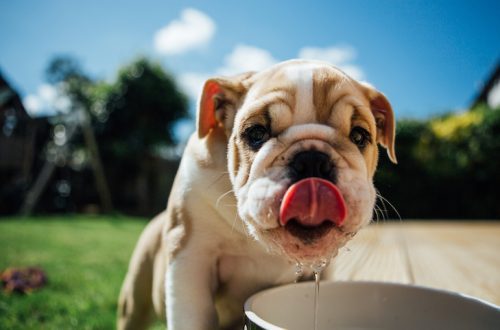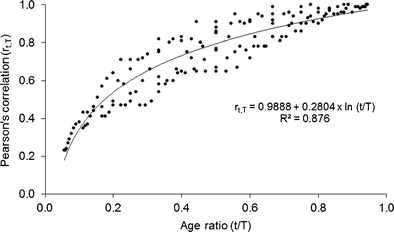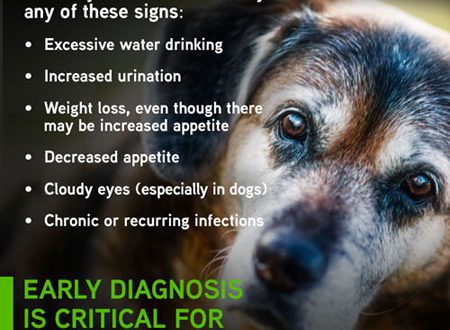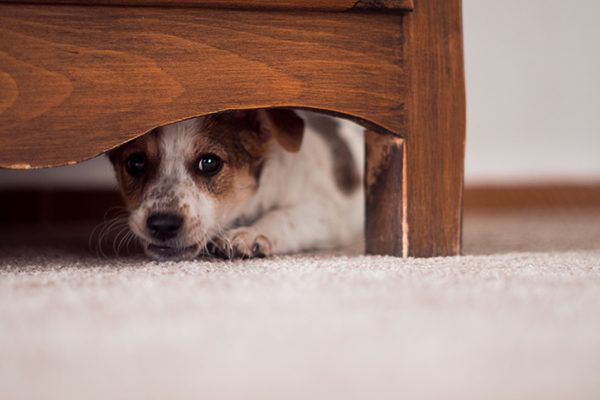
The puppy was very scared: what to do?
It often happens that a puppy is very frightened of something at home or on the street. What should the owner do in such a situation so as not to aggravate the situation? Can you help a puppy overcome fear?
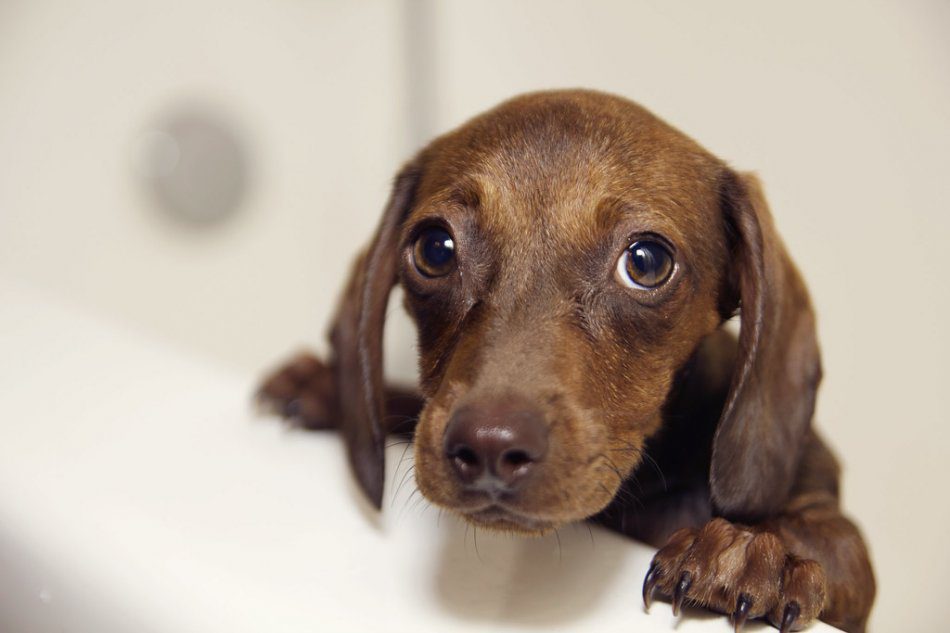
Photo: flickr.com
All puppies go through the so-called “period of fears”. And at this time, it is necessary to treat the puppy especially carefully so as not to instill in the pet a fear of certain things for the rest of his life. This happens when a frightening experience becomes traumatic for the puppy.
What to do if the puppy is very scared?
- Sometimes the owner is tempted to “knock out a wedge with a wedge” and immediately introduce the puppy to a frightening object in the immediate vicinity. Do not do this! The puppy must be given the opportunity to get acquainted with the frightening object, but it is also necessary to give him time to recover from the fright in order to avoid the effect of “layering of irritants” that can lead to trauma to the psyche of the baby.
- Give the puppy the opportunity to observe “scary things”, but only from the distance at which the baby is able to remain calm and relaxed. In this state, the dog is able to learn something, including calmly treat terrible stimuli. If a puppy is scared or overexcited, he won’t learn anything good.
- Do not force your puppy to intimidating objects or lure him with treats. Give your child a choice and the opportunity to make a decision on their own to start a closer acquaintance. Watch your pet’s body language, and if you notice signs of stress, then you have reduced the distance too much or increased the strength of the stimulus. If you force the puppy to approach the stimulus too quickly, or the puppy is forced to interact with it for too long, he will become even more frightened, and you will only exacerbate the problem.
- Use counterconditioning to form pleasant associations with the feared object. As a rule, the dog’s favorite treat is used to create new associations. However, it is important to apply this method correctly so as not to aggravate the pet’s fear, so you may need the help of a specialist.
- If your puppy’s behavior has changed too drastically, you should seek the advice of a veterinarian to make sure he is healthy. Sometimes fear is associated with pain. And if the root of the problem is in the well-being of the pet, no behavioral correction will help.
Remember that many behavioral deviations are easiest to correct at the very beginning, rather than waiting until they develop into a real problem. So don’t drag it out.
If you are not sure that you can cope on your own, it may make sense to seek help from a competent specialist who works by the method of positive reinforcement.



